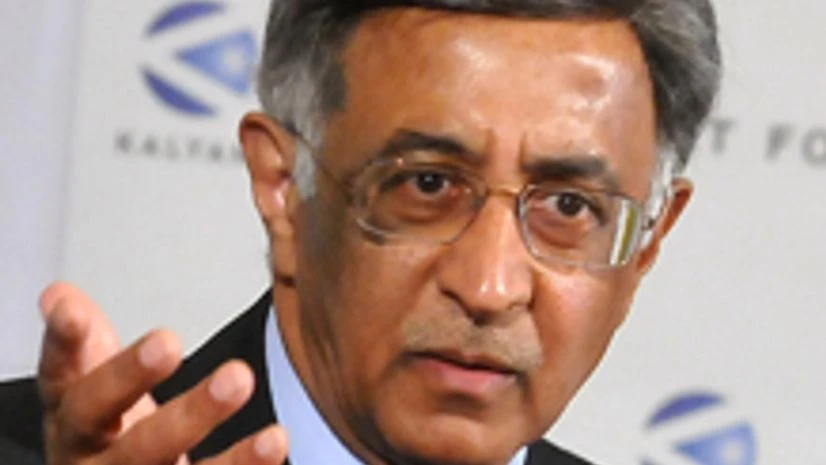The Kalyani group has formed a 'Make In India' project team pulling in senior executives to work on an import substitution strategy.
Using available government data, the team is targeting $30-40 billion worth of iron and steel products that are imported into India. These products are mainly imported for the defence, energy, automotive, construction and mining equipment industries.
"These are the low hanging fruit, but in five to seven years we want to build an industry that is globally competitive, and then you Make in India for other parts of the world," Baba N Kalyani, chairman of the Kalyani group, said in an interview with Business Standard.
More From This Section
"I believe it is true for any manufacturing company in India. If a company honestly starts working on the Make in India concept, it should be able to quadruple its business by 2020-2025," Kalyani said.
Besides the forging and engineering business of its flagship company, Bharat Forge, the group is focussing on the non-automotive segments of the power, railway, aerospace, oil and gas, and defence industries. A large part of this focus will be on defence and aerospace.
The group's defence business is conducted by Kalyani Strategic Systems. Over 35 years the group has been a supplier of defence components and subsystems, including ammunition and shells, and aluminium road wheels. It has identified artillery systems, armoured fighting vehicles, precision ammunition, military vehicles and defence electronics as its areas of operation.
"The reason why we are focusing on these is because all this requires forgings as a base. It is a very natural fit for us," Kalyani said.
To convert metallurgy into a complete product, a system, and a fully integrated working platform, the company sees the need to integrate other knowledge. "You require electronics, control systems and this is where the new policy of FDI relaxation in defence helps."
The company will go in for tie-ups in these areas. It has collaborations with Israeli company Elbit Systems and Swedish defence conglomerate SAAB. Besides, it plans to announce its defence investment by mid-January, said Kalyani.
On power equipment side, its manufacturing venture with Alstom will start producing steam turbines and generators by March 2015. The order book for this venture is around Rs 7,000 crore. Though the power industry has been in a challenging environment, with issues relating to clearance and fuel related problems, Kalyani said the coal issue would be put to bed by next year. Besides, he expects 20,000-25,000 Mw of additional capacity coming up annually.
"There is old technology, some of which is 30 years old. They need refurbishment. With an installed capacity of 180,000 Mw, if you say 10 per cent of this capacity needs refurbishment, you are looking at 15,000-18,000 Mw, almost equivalent to fresh capacity."
Kalyani said the group also expected activity in aerospace. "We are on the components side in aerospace. We have a modest target of getting to $100 million in the next four to five years. That will give us critical mass and then from there we can grow. We will start supplying components from 2015."

)
